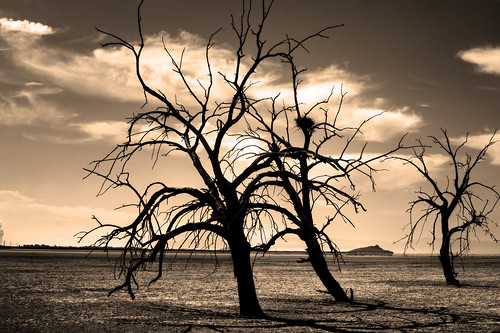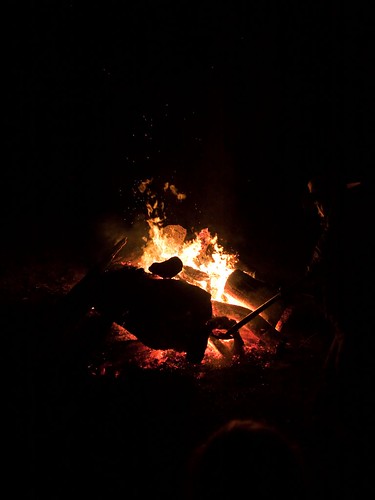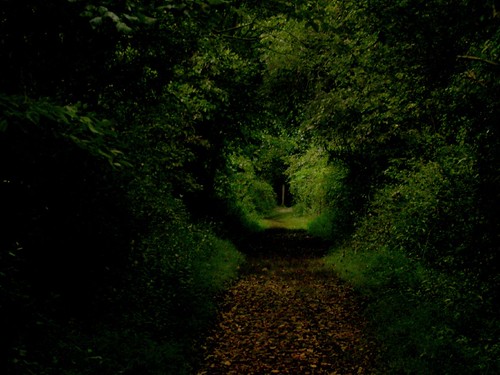Not by T S Eliot – I refer to the reading deprivation of last week.
I made it about 158 hours without reading anything (apart from my exceptions, as mentioned earlier). The mathematically acute among you (or those of you who have read this post or this one) will realise that this is ten hours short of a full week.
On The Seventh Day I Rested. (There’s good precedent for that, although history is silent on whether or not God was reading at the time.)
You may also have noticed that this post is a few days subsequent to the actual end of the Wasteland – I’ve been making up for lost time, like a camel just back from the Sahara and stopping by the pub for a drink.
So, in the absence of any faintly humming enlightenment, what have I learned?
1) Reading is very, very important to me. Next time I need to go without something for a week, I think I will make it something easier, like talking, or food.
To whip out the ultimate cliche, reading to me is not a hobby, it’s a way of life. I may not eat sleep and breathe reading, but I can do most of those things reading. (Not so good at reading while I sleep – that’s when I do my talking.) I can cook while reading, and walk while reading (although the average standard of driving in New Zealand makes this a hazardous practice).
2) You can do lots of other things when you aren’t reading. Most of these are not perhaps as enjoyable as reading is, but there is a place for productivity. You may have noticed the increase in blog posts, for example.
Also under this heading: finishing off a project I started months ago. Six hours on ANZAC Day resulted in 6,002 words under the OTHER heading in my spreadsheet (minus those parts which were direct quotes – about a thousand words). It wasn’t quite what I had planned for my day, but on the plus side, I’ve already met my writing quota up to the middle of May.
3) I get grumpy when I can’t read. Withdrawal? Maybe. Reading is my mood-balancing mechanism. Commendations to the Caped Gooseberry for bravery and compassion in the face of danger. There may be a medal.
So thank you very much for the insight, Ms Cameron, but I don’t think I’ll be doing that again.









